Military Life
Explore the full spectrum of military life, from fascinating historical battles and international armed forces to practical guides on fitness standards, basic training requirements, career paths, and daily life in service – everything you need to know about the military world in one place.
The Arab Spring: Military and Political Upheaval Rocks the Middle East
The Arab Spring resulted in government collapses in Tunisia, Egypt, and Libya, with varying military responses shaping each nation’s political outcomes and ongoing conflicts.
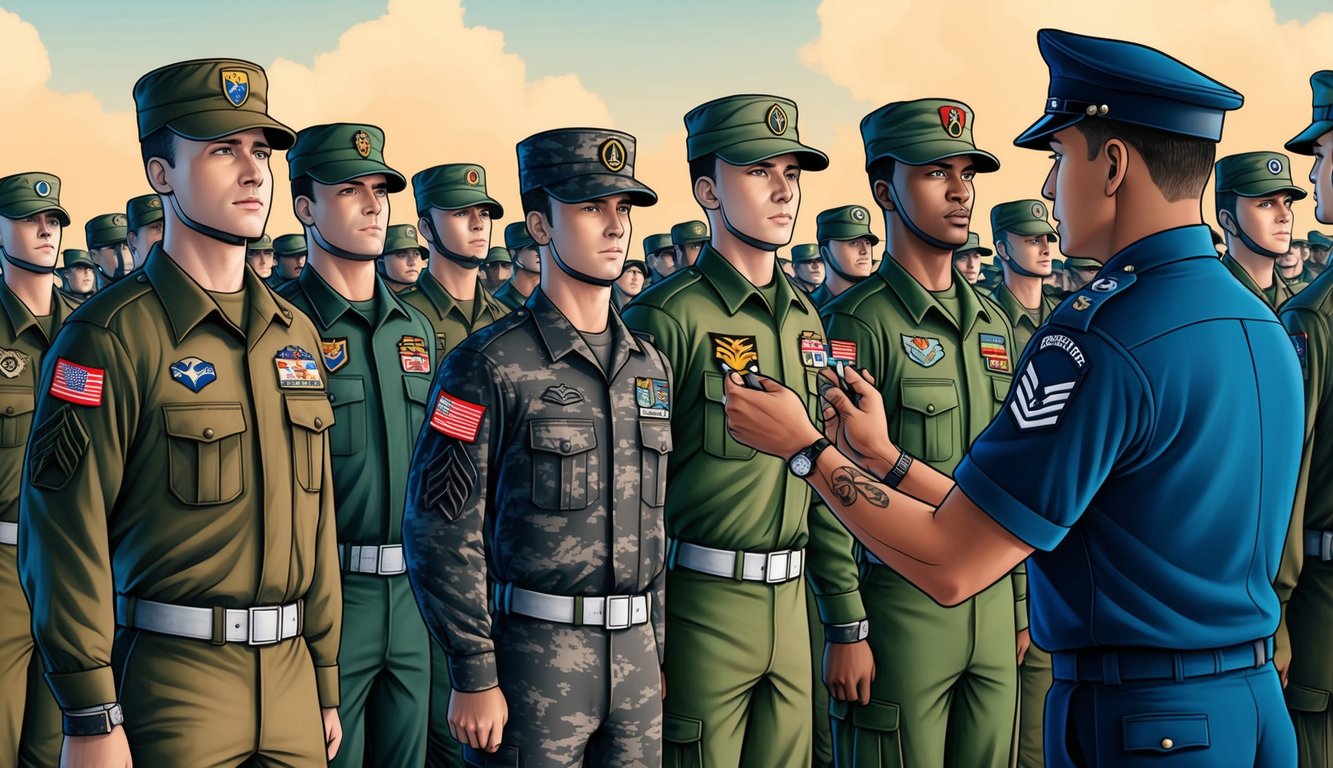
Army Tattoo Policy: What’s Allowed and What’s Not in 2024
June 6, 2024
The 2024 military tattoo policy outlines regulations on permitted and prohibited body art for service members, impacting personal expression and uniform standards across the armed forces.

Army Virtual Desktop: Your Office Anywhere, Anytime
August 6, 2024
The Army Virtual Desktop enables soldiers to access essential applications and files securely from any location, enhancing operational flexibility and productivity in military environments.
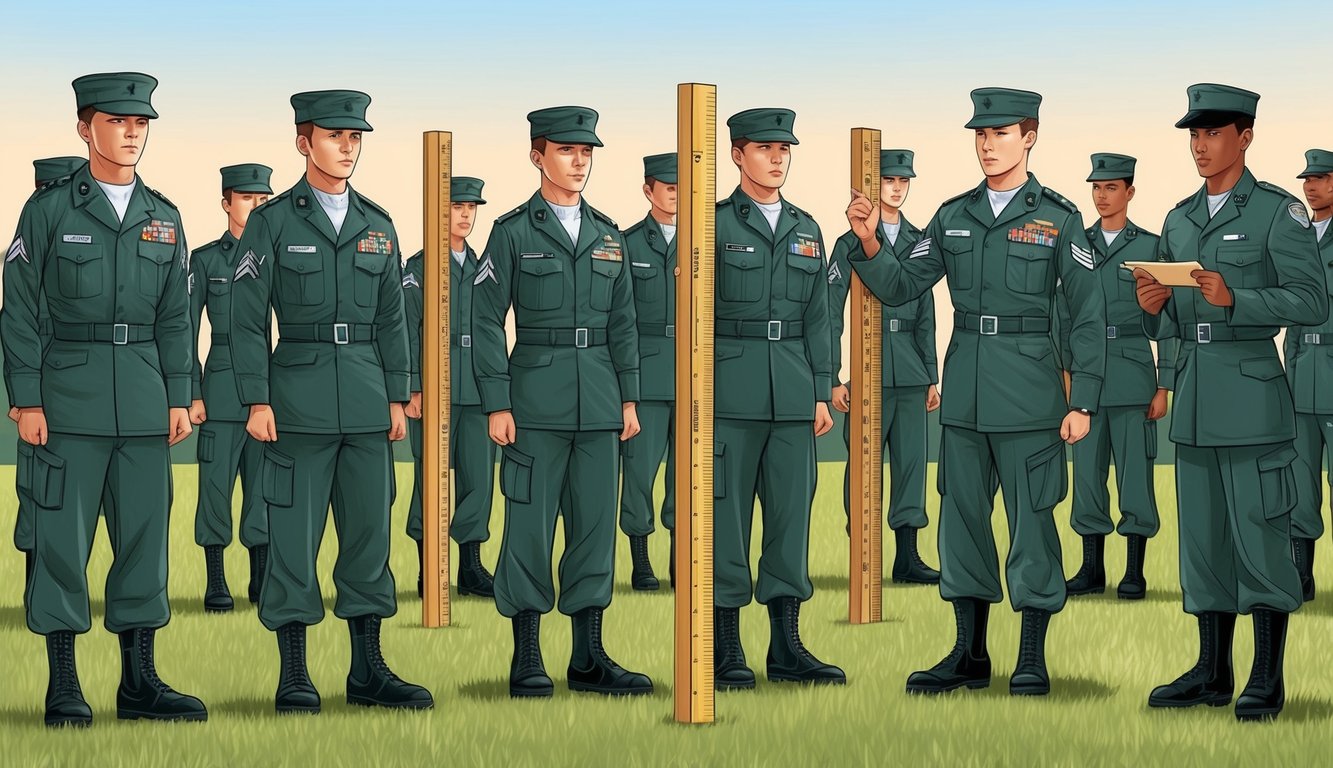
Army Height and Weight Standards 2024: What You Need to Know
April 30, 2024
Army height and weight standards for 2024 establish specific physical requirements for enlistment and retention, ensuring soldiers meet fitness and readiness criteria for service.

ACFT Score Chart: What You Need to Know to Crush Your Army Fitness Test
May 7, 2024
The Army Combat Fitness Test evaluates soldiers’ physical readiness through six events, scoring up to 600 points, with benchmarks tailored by age and gender for fair assessment.
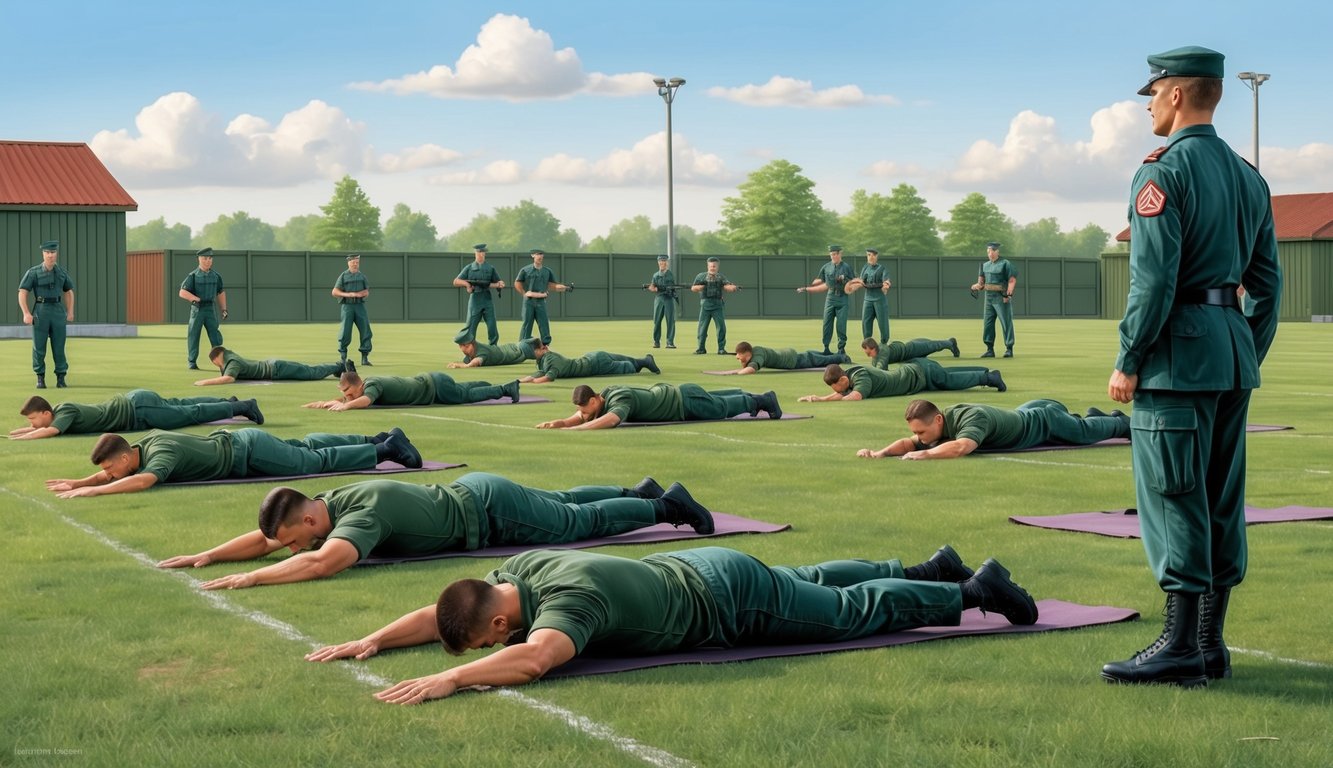
US Military Fitness Testing and Training Guide: Get in Shape Like a Soldier
October 4, 2024
The guide provides comprehensive strategies for physical conditioning tailored to military standards, emphasizing endurance, strength, agility, and overall fitness to achieve optimal performance.
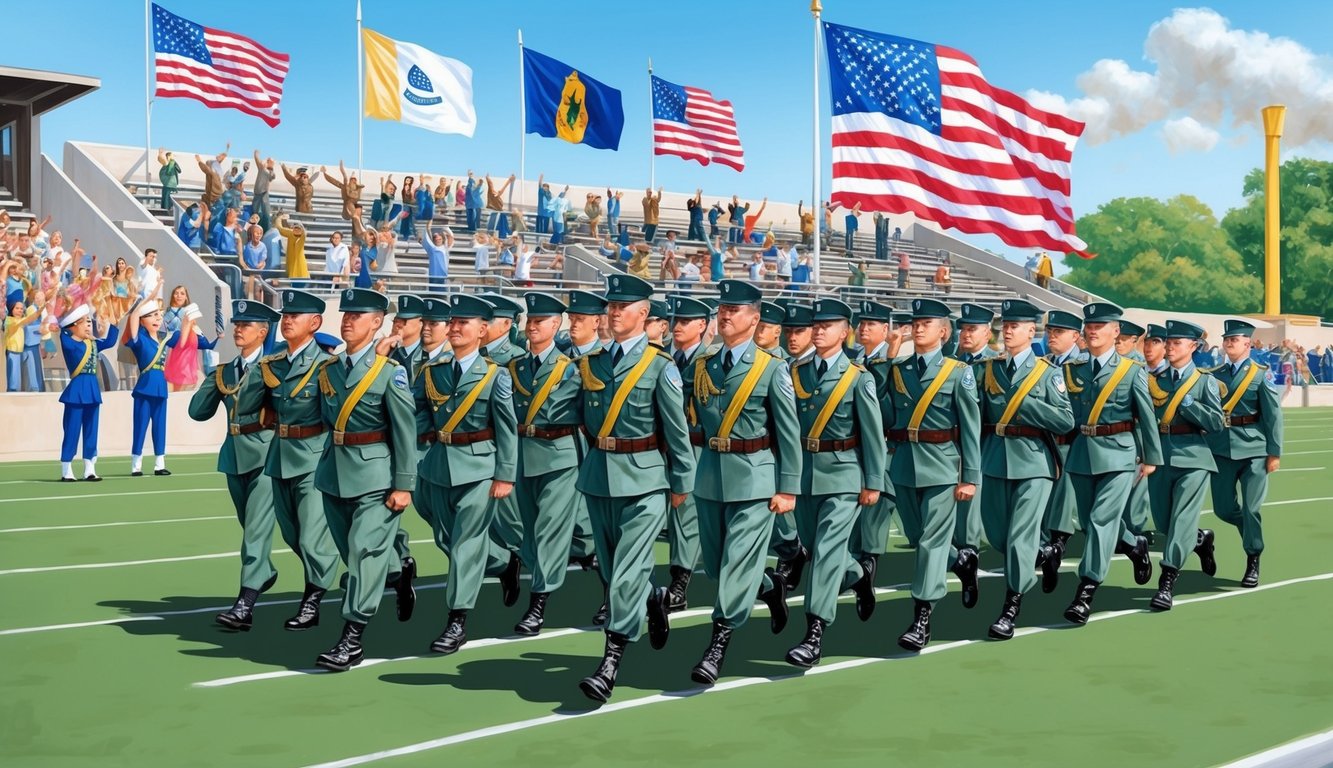
Fort Benning Graduation Dates 2024: What You Need to Know
August 2, 2024
Graduation ceremonies at Fort Moore in 2024 include key dates such as March 22, March 29, and April 19 for the Basic Airborne Course.
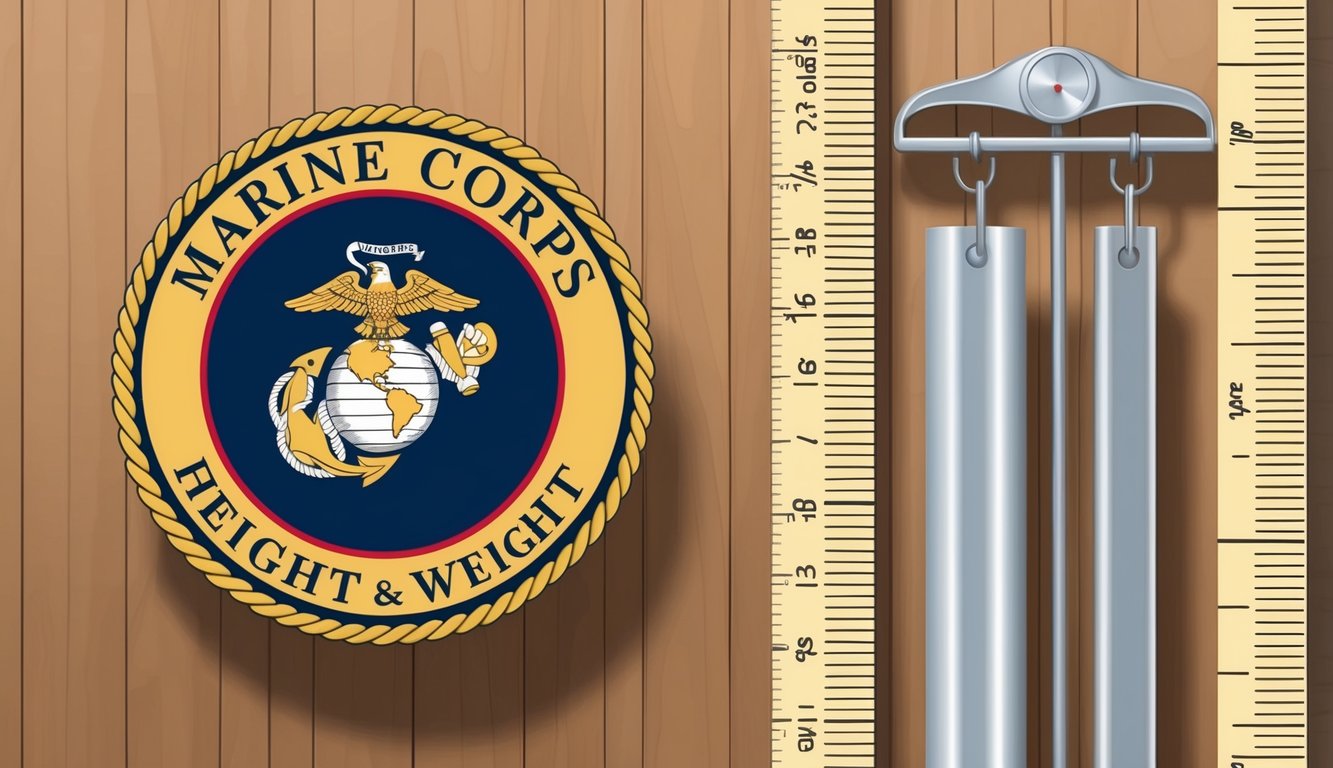
US Marine Corps Height and Weight Standards: Your Guide to Fitness Success
November 12, 2024
The U.S. Marine Corps enforces strict height and weight standards to ensure physical fitness, with specific criteria based on age, gender, and body composition.

Soldiers Creed: A Friendly Guide to Military Values and Commitment
November 11, 2024
The Soldier’s Creed embodies core military values, emphasizing loyalty, duty, respect, selfless service, honor, integrity, and personal courage, shaping the identity of American Soldiers.
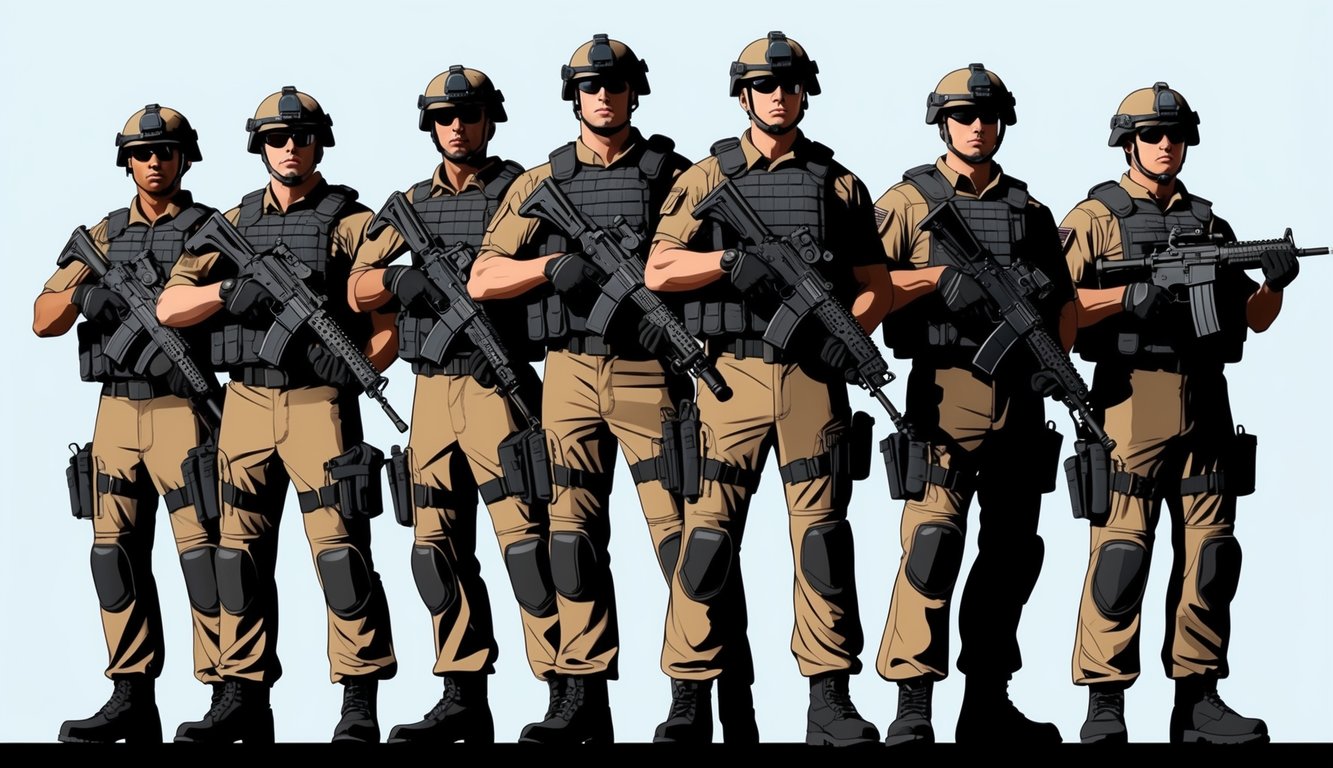
5 Tier 1 Operators You Need to Know About in Special Forces
June 4, 2024
Tier 1 operators are elite special forces under JSOC, tasked with critical missions, including counter-terrorism and hostage rescue, often operating in secrecy with advanced technology.
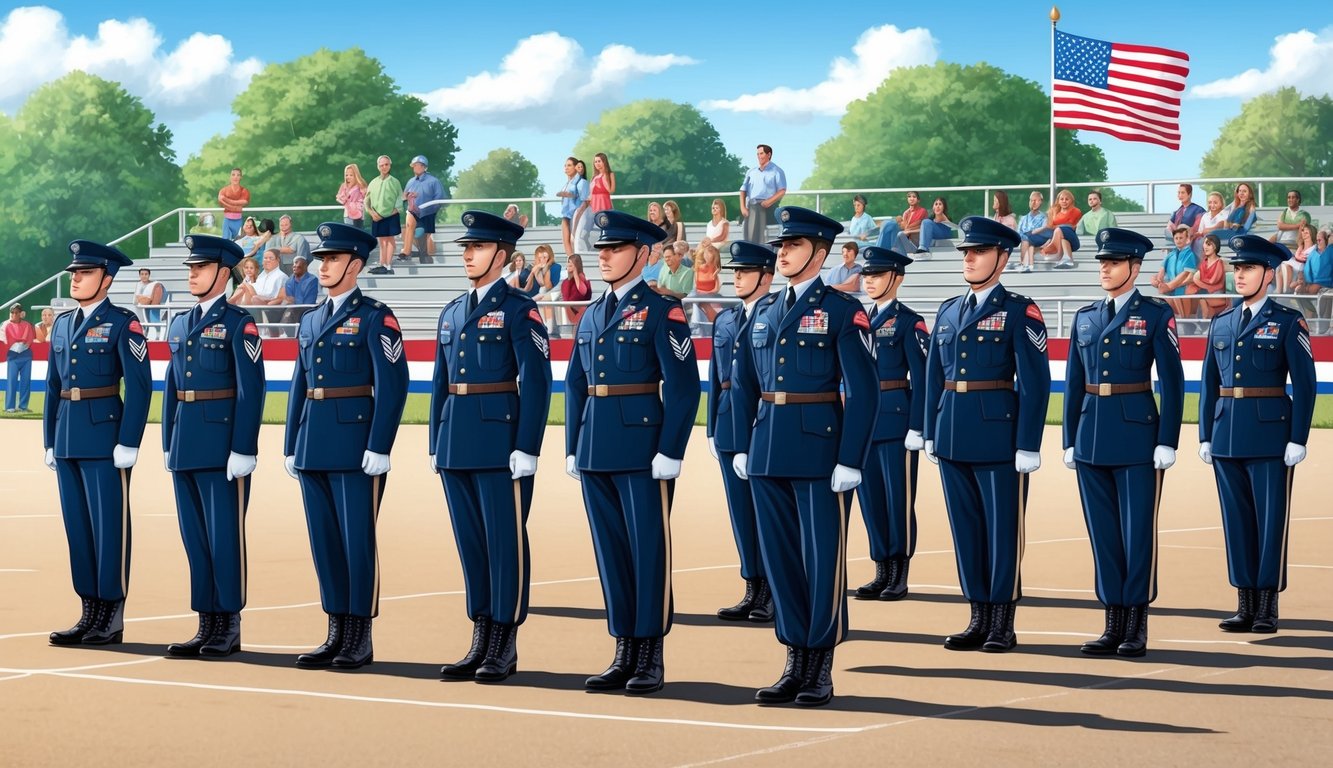
Fort Sill Graduation Dates 2024: What You Need to Know
March 31, 2024
Fort Sill hosts military graduation ceremonies in 2024, providing families and friends opportunities to celebrate the achievements of new soldiers and learn about military traditions.

